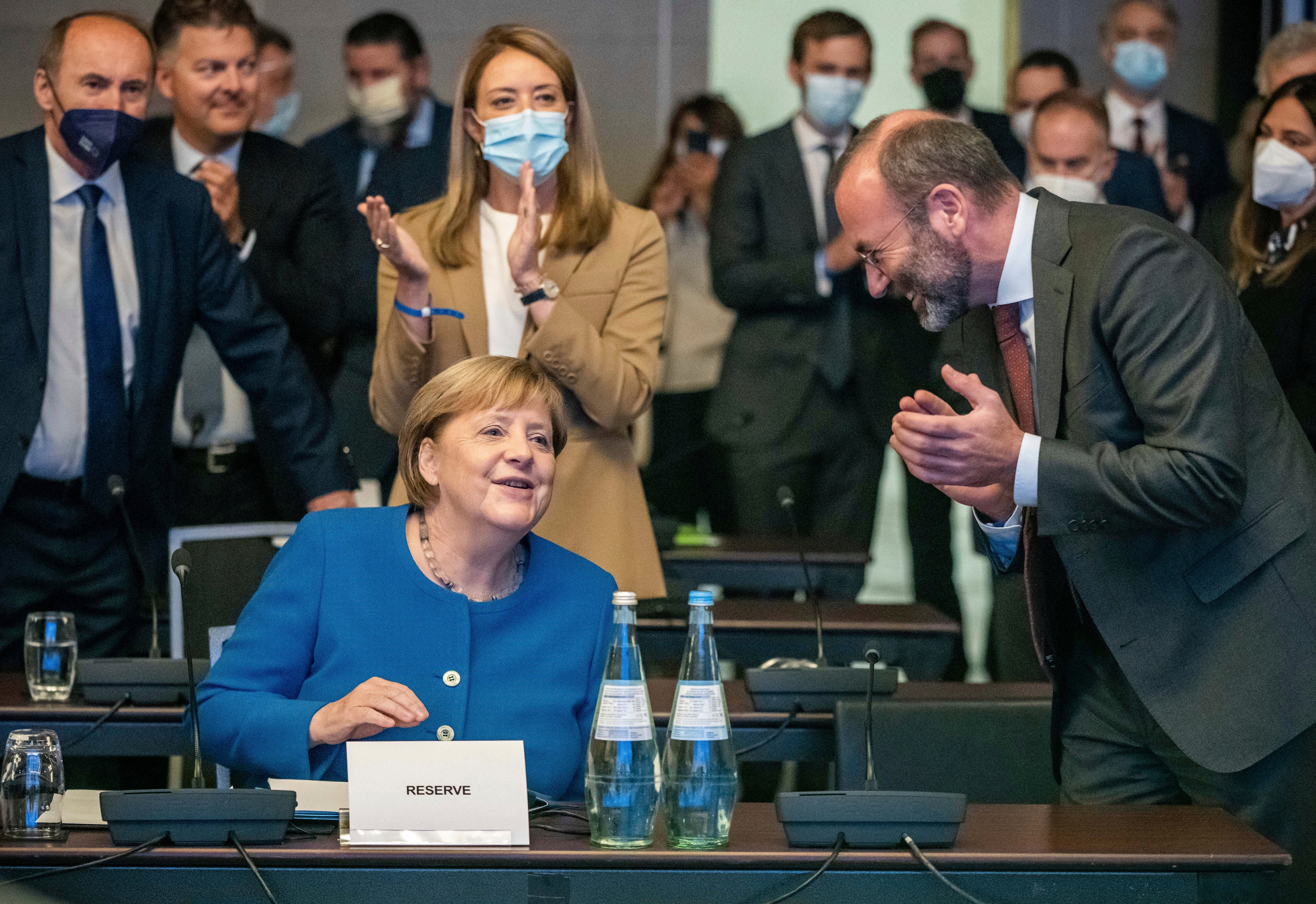September is a bumper month for election watchers
As voters go to the polls this month in Norway, Canada and Germany, John Rentoul asks what can be learnt from these contests


Norway votes in a general election today and tomorrow, with Jonas Gahr Stoere, leader of the Labour Party, expected to take over as prime minister from Erna Solberg, the Conservative leader. Solberg’s party rose in popularity at the start of the coronavirus pandemic, despite her apology for breaking her own lockdown rules, but Labour has gained ground since, along with the Socialist Left Party. That means the left block of parties is heading for a large majority in an election fought on the issues of equality and climate change.
For election watchers, September is a bumper month. Canada goes to the polls next Monday and Germany the following Sunday (26 September). Although the British media is often accused of being unreasonably obsessed with US elections, these are fascinating contests that should also grip us, and from which we can learn.
Justin Trudeau, the Canadian prime minister, has been accused of failing to learn a lesson of his own from British politics – namely Theresa May’s decision to call a snap election in 2017 in an attempt to capitalise on a strong position in opinion polls.
Trudeau’s lead was nothing like May’s 20-point advantage, but his Liberal Party was leading the Conservatives by eight points, having opened up a lead at the start of the pandemic and maintained it since. Unfortunately for Trudeau, however, parliament was dissolved on the day Kabul fell, and he spent the first two weeks of the campaign fending off accusations that he had not done enough to evacuate Afghans who had helped Canadians. Thus the Conservatives, led by Erin O’Toole, a former military officer, took the lead in the polls at the end of August and the two main parties are now neck and neck.
Trudeau also suffered May’s fate of appearing to take the voters for granted and is now fighting for his political career, having been prime minister for six years.
Possibly the most significant election, however, is the race to succeed Angela Merkel, who has been chancellor of Germany since 2005, when Tony Blair was still prime minister. The campaign has seen some remarkable twists and turns so far, with Merkel’s party, the Union, as the CDU/CSU alliance is now called, collapsing in February from the commanding position it held throughout the pandemic.
First the Green party surged, then the Union rallied under Armin Laschet, its new leader and chancellor candidate. But over the summer the Union has crashed to its lowest opinion poll ratings in history, while the Social Democrats, led by Olaf Scholz, have soared. Many say he has succeeded in capturing the spirit of Merkel’s cautious reforming pragmatism better than his opponent.
If there are cross-country lessons to be learned, they might be as follows: don’t take the voters for granted, and European centre-left parties are not dead yet. But let us wait until the votes are counted.
Yours,
John Rentoul
Chief political commentator
Join our commenting forum
Join thought-provoking conversations, follow other Independent readers and see their replies
Comments
Bookmark popover
Removed from bookmarks